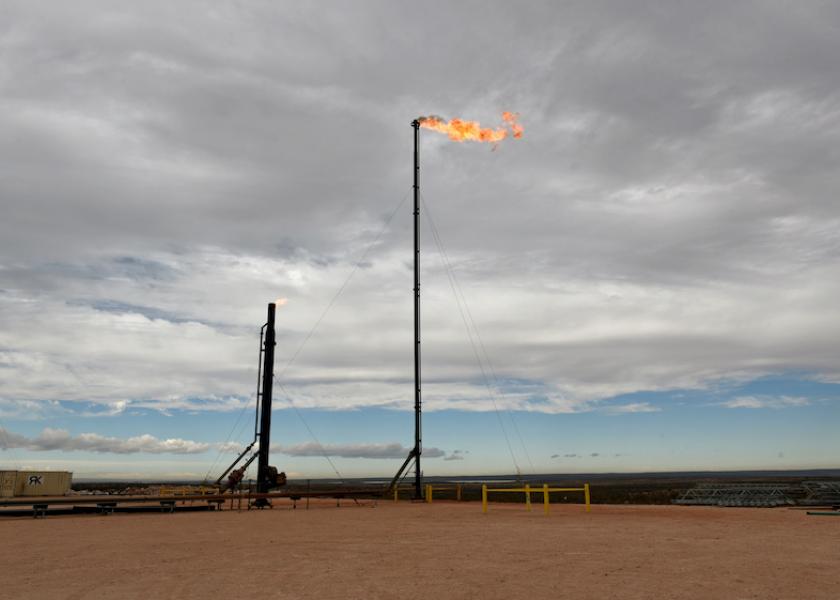Ag and Oil Industries Get Methane Makeover to Reach New Emissions Goal by 2030

In Egypt on Friday, President Biden announced the U.S. will implement measures to further decrease methane emissions by 2030.
According to EPA, the proposals would collectively reduce 36 million tons of methane emissions between 2023 and 2035, which it says is almost the planet-warming equivalent of GHG emissions emitted from all U.S. coal-fired power plants in 2020.
Building on the Methane Emissions Reduction Action Plan, the proposal would tighten regulations on the oil and gas industry in order to cut emissions by 87%, up from the proposed 74% decrease announced in 2021, through:
• Accelerated methane standards
• Stronger incentives
• Addressing leaks from orphaned oil and gas wells
• A new approach to fuel lines
With the war in Ukraine as backdrop, Biden says it’s more urgent than ever that U.S. double-down on its climate commitments.
“Russia’s war only enhances the urgency of the need to transition the world off its dependence on fossil fuels,” Biden said at the conference. “We are racing forward to do our part to avert the ‘climate hell’ that the U.N. Secretary-General so passionately warned about earlier this week.”
Changes to Ag's Methane Emissions
On the ag front, Tom Vilsack, USDA Secretary, shared the proposal outlines more climate-smart incentives—first announced in Sept.—that will include:
• Expanded markets
• Conservation assistance
• Emission monitoring
• Manure management technology
• Methane-related research
• Continued education, extension projects and grant programs
“As we face down the dual crises of climate change and food insecurity, USDA recognizes that changes to our agriculture and food systems can only happen at the needed scale and speed if farmers are at the center of our solutions,” Vilsack said at COP27.
USDA anticipates the expanded climate-smart commodity markets alone will reach 50,000 farms, or 25 million acres of working land, and sequester or reduce 50 million metric tons of carbon dioxide over each farm’s lifetime.
More on climate:
How USDA's $2.8 Billion Climate-Smart Investment Might Impact Your Operation
Tackling the 'Three C's'--COVID, Climate, and Conflict--that Threaten Global Food Security
WTO Says the U.S. Passed Inflation Reduction Act Could Lead to a "Subsidy War"







